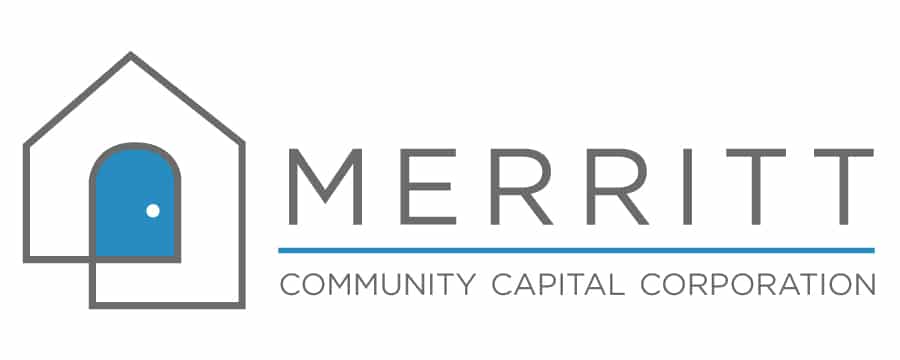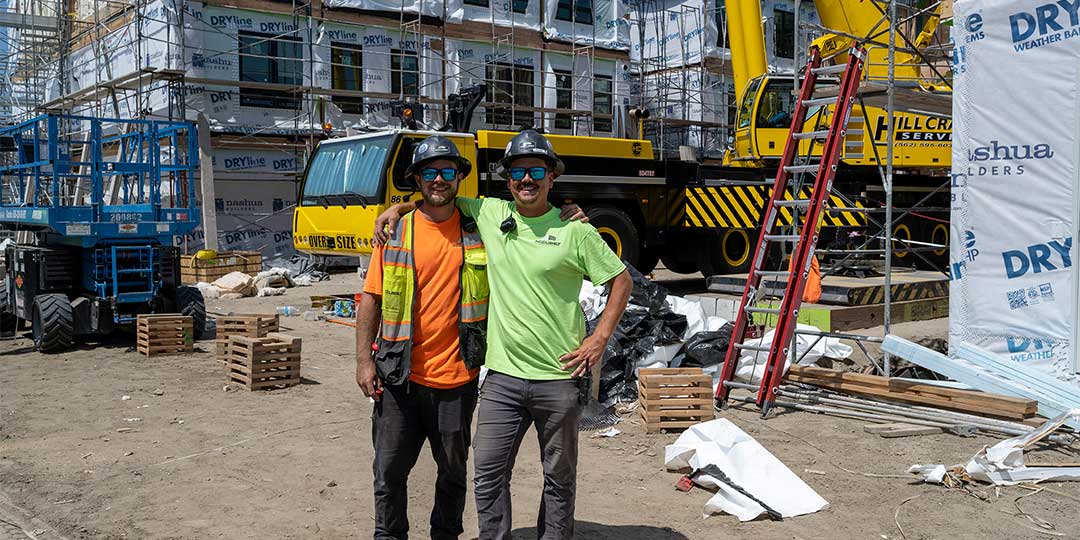Resources
About Low-Income Housing Tax Credit (LIHTC)
The LIHTC Program is the country’s primary tool to create and preserve affordable rental housing.
- Since 1986, the LIHTC Program has financed the development of nearly 3.5 million affordable homes in urban, suburban, and rural areas throughout the country.
- In California alone, nearly 400,000 affordable homes have been financed through the LIHTC Program.
- These apartments have provided affordable homes to over eight million low-income households, including veterans, seniors, families and individuals facing or experiencing homelessness, people with disabilities, and low-wage workers.
LIHTC encourages private investors to provide equity for the construction and rehabilitation of housing for low-income residents in return for federal tax credits – a dollar-for-dollar reduction in tax liability.
- Sponsors of proposed low-income housing developments apply to state housing agencies for allocations of federal tax credits. The IRS requires that projects serving the lowest-income tenants and ensuring affordability for the longest period are prioritized.
- After developers receive the tax credit, they raise equity for an affordable housing project from private investors through syndicators. The equity subsidizes low-income housing developments, allowing units to be rented at below-market rates, and investors receive tax credits paid in annual allotments over ten years.
- Projects financed through the program must meet the low-income housing eligibility requirements for at least fifteen years and certify annually that they are renting units to qualified low-income tenants.
About Syndicators
Syndicators Connect Developers with Investors
- A syndicator connects developers looking to build or rehabilitate affordable housing projects with investors, whether private or corporate, who receive tax credits in return for investing in projects in communities that have the highest need. The syndicator can then oversee the fund’s acquisition and the ongoing management of the project.
- Since syndicators have extensive experience with LIHTCs and can acquire and manage a LIHTC investment that would be beyond the internal capacity of investors. Furthermore, since they understand the affordable housing needs of local and regional markets, they understand the amount of project equity an investor should seek for the tax credits.
- Moreover, a syndicator’s knowledge of local and regional markets can help investors receive positive consideration under the Community Reinvestment Act (CRA), which encourages investment in local communities.
Nonprofit Syndicators Make the Most Challenging Project Possible and Build Industry Capacity
- Nonprofit syndicators like Merritt balance mission impact and investor returns. We are dedicated to working with mission-aligned developers and funders to make the most challenging affordable housing projects possible.
- As the only nonprofit LIHTC syndicator focused solely on servicing California, we are deeply connected to our communities and attuned to the nuances of affordable housing and tax credit system in California. Based on this knowledge, we offer terms that meet project needs today and foster preservation of affordability for tomorrow. Beyond investing in properties, Merritt dedicates ourselves to investing in the people and policies that shape the affordable housing industry across the state.




